When Should You Block Someone?
We all want to have the best experience that we can on social media. Even if it seems that there’s a lot going at once online, from the 24/7 news cycle to the millions of accounts that we can encounter, we still have the ability to control our experience. We can choose who we want to follow, what topics and tags to track, and can go private so we can limit who we want to engage with.
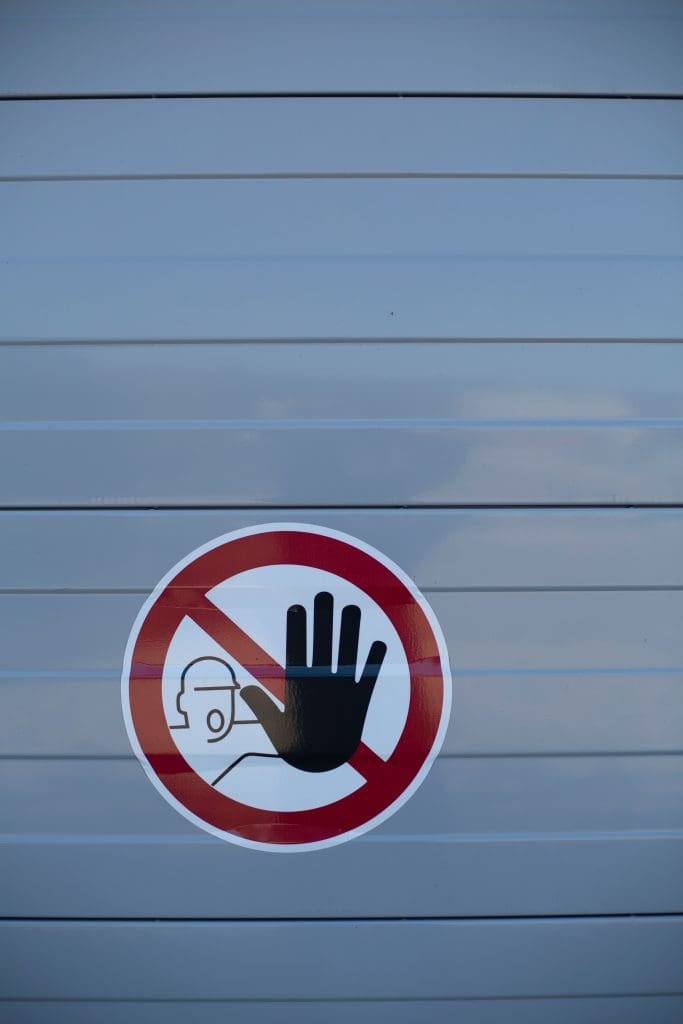
Blocking doesn’t just give you the ability to completely hide someone’s account and their content from yours, but it prevents that person from ever having access to viewing and interacting with your account too. Everyone has their different reasons for wanting to block someone, but essentially, it’s a last-resort, final move to let someone else know that they do not have the right to be a presence in your online life (and by extension, your real life) and they are having a negative impact on you.
Most of the time, blocking is warranted and done for safety, security, and for a healthier state of mind. These include accounts that belong to an ex (especially ones who are toxic), companies or people who promote content that can trigger you (like dieting or #fitspo accounts), or accounts that spread messages about hate (especially ones that attack your identity). Blocking people who you know who have negatively impacted you, like through bullying, toxic friendships, and constant harassment and contact, can also help improve your well-being.
Blocking can be tricky though, especially when it comes to people you know. If the person finds out they’ve been blocked, for example, they may get upset, especially if they don’t think they should have been blocked. Some may see it as a sign of being passive-aggressive if there wasn’t a conversation about how both of you have been feeling, and it can escalate into conversations or arguments that can affect everyone negatively. Although more direct, blocking can be interpreted the same way people interpret being subtweeted: for example, people getting blocked can make them feel anxious or guilty.
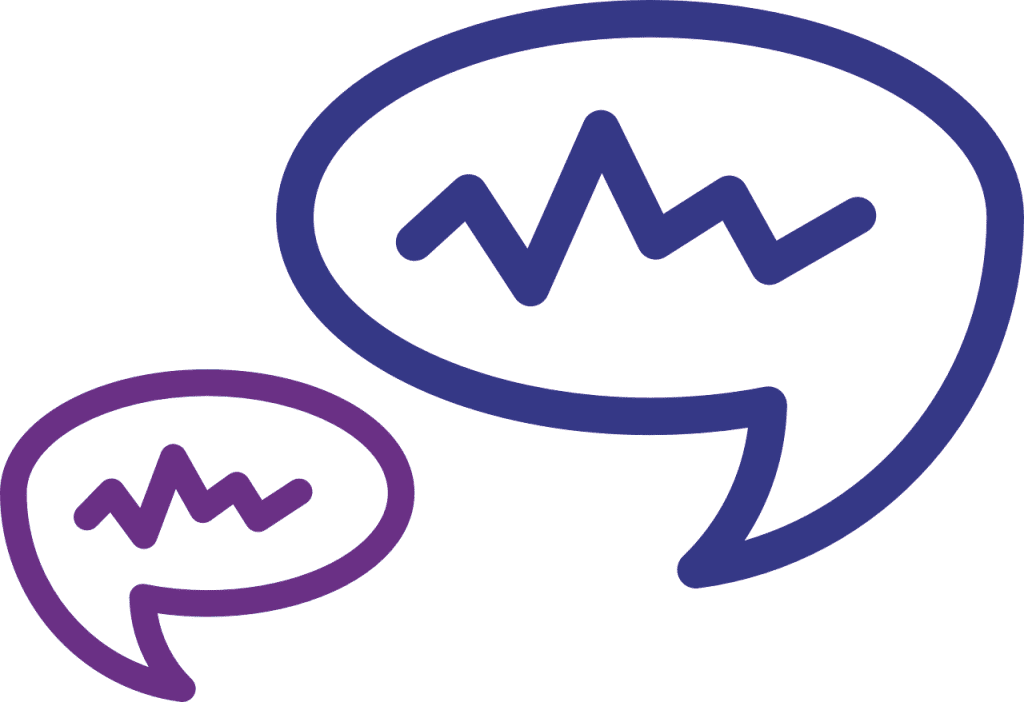
Relationships in general can be hard to navigate, but social media and the power to indirectly tell someone who don’t want them around adds another element. There are many reasons to warrant blocking, but if the people you’re blocking are those you know and you feel comfortable talking to them about any issues that you are having, it’s worth trying to find a way talking through it first before hitting the “block” button.
Have you ever blocked any accounts? Did they ever belong to anyone you know? What do you think warrants a block?

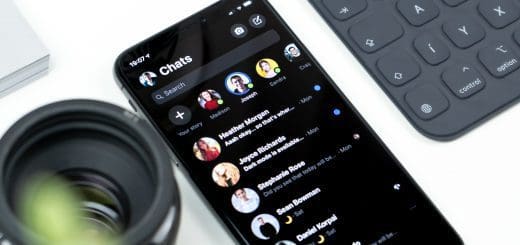
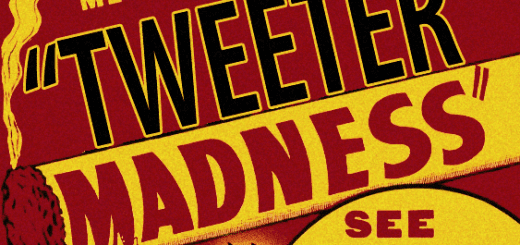
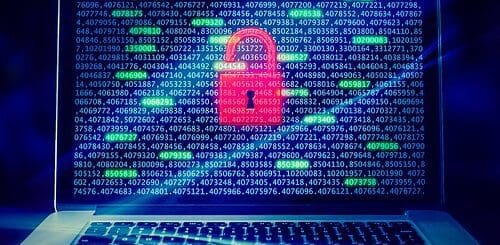
Recent Comments